Welcome to Citizen Scholar! Since launching two months ago we’re reaching hundreds of people a week, so we thank you for your support. If you enjoy our writing on civic virtue and individual excellence, we humbly ask you to share Citizen Scholar with your family members and friends who may enjoy it. The contents of the audio and text formats are identical and meant to accommodate your preferences. Please let us know if you have any feedback - we’re always looking for ways to improve!
“A map of the world that does not include Utopia is not worth even glancing at, for it leaves out the one country at which Humanity is always landing. And when Humanity lands there, it looks out, and, seeing a better country, sets sail. Progress is the realisation of Utopias.”
Oscar Wilde published these words in an 1891 essay titled The Soul of Man Under Socialism. The goal of perfecting the human condition on earth and the belief in its feasibility / desirability was a unifying thread amongst many seemingly contradictory ideologies of the late nineteenth and early twentieth centuries. The material fruits of the scientific and industrial revolutions were hard to argue with. Many reasoned at the time that spiritual beliefs about social norms and the limitations of human nature were self-serving superstitions that could be discarded.
Eighteen years before George Orwell’s 1984 warned against Stalinist totalitarianism, Brave New World was Aldous Huxley’s 1931 response to materialist ideologies like communism and dangerous strains of utopian / utilitarian thought. He set his story in England of the year A.F. 632 (AD 2540 in the Gregorian calendar). “A.F” stands for “After Ford”, which we can safely assume refers to Henry Ford – the American industrialist and founder of the Ford Motor Company. In the book, a group of “Controllers” have established a totalitarian world government. Humans are mass produced and then socially conditioned for a specific purpose in society. Each individual has a grade that corresponds to physical and intelligence capacity, from Epsilons bred for menial tasks to Alpha Plus intellectuals trained to rule and manage. The state enforces this prenatal determinism in life via regimens of repetitive indoctrination, narcotics called “Soma” and distracting entertainment.
The characters that Huxley presents in this milieu all have names from the list of ten thousand names accepted in this future world system. Proving that Brave New World’s target is materialist philosophies rather than communism in particular, characters have surnames like Marx and Trotsky but also the names of famous capitalists and fascists from Huxley’s day. His ambivalence toward subtlety amuses us.
The resulting plot line is equally didactic; the extent to which the book seeks to be a work of philosophy as much as a dystopian novel is underappreciated. Without getting into spoilers to first-time readers, Huxley raises difficult questions. The society he portrays inverts the sexual and broader morality of 1931, and the book explores implications such as an innate desire for monogamy. More unsettling and relevant to readers of Citizen Scholar, characters start to question whether the pursuit of happiness and the pursuit of truth / beauty are mutually exclusive. They also ask whether “the masses” wouldn’t generally opt for happiness in such a dichotomy.
It’s no spoiler to admit that Huxley believed the anxiety and struggle of the contemplative life could easily yield to blissful temptations. George Orwell, who Huxley had taught French at Eton, sent him an advance copy of 1984. His response was positive but included the below excerpt:
“Within the next generation I believe that the world’s rulers will discover that infant conditioning and narco-hypnosis are more efficient, as instruments of government, than clubs and prisons, and that the lust for power can be just as completely satisfied by suggesting people into loving their servitude as by flogging and kicking them into obedience. In other words, I feel that the nightmare of Nineteen Eighty-Four is destined to modulate into the nightmare of a world having more resemblance to that which I imagined in Brave New World.”
Huxley’s prediction in this letter didn’t come true in the time frame or with the specific attributes he predicted. However, it’s eerie to read Brave New World and to recognize many more parallels to the present day than 1984 contains. The world we inhabit has widely rejected the overt coercion of 1984, but is as susceptible as ever to the methods of social control in Brave New World. The values of utilitarianism and amoral scientism held by the Controllers in Brave New World are also less thoroughly discredited than Stalinism. The culture of widespread systematic drug use, sexual libertinism and tech-enabled entertainment distractions is certainly less alien to the reader of 2021 than it is to Huxley’s original audience in 1931. The reader of Brave New World is forever after on alert for the abuse of these societal features toward a creation of Utopia on Earth.
We’d love to hear your thoughts in the comment section below, whether or not you’ve read Brave New World.
All the best,
The Citizen Scholar Team
P.S. If you made it this far & enjoyed the post, could you please let us know by giving the heart button below a tap? Thank you!



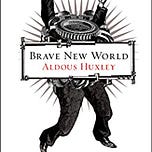




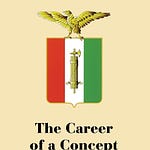
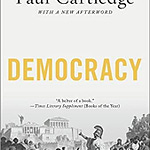

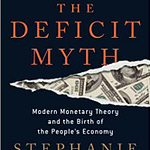
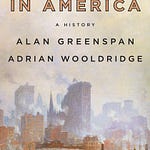
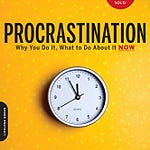
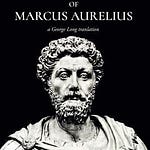
Share this post